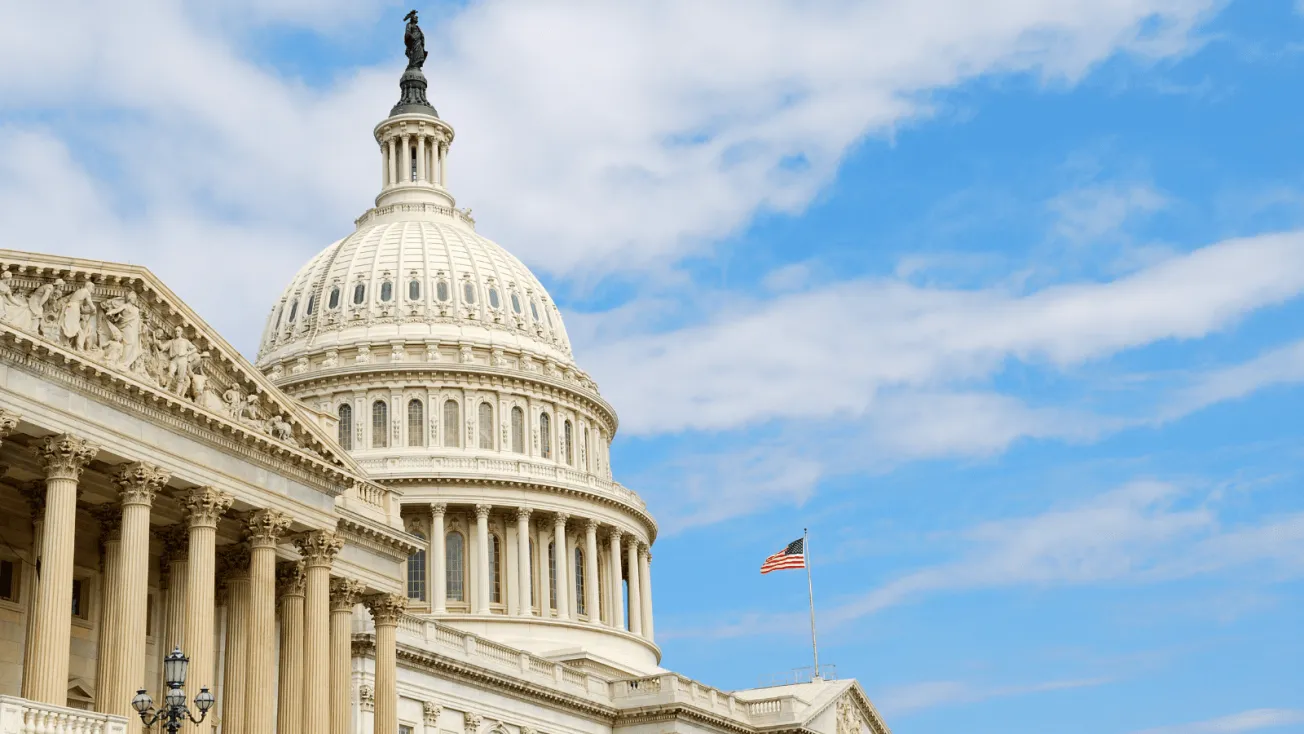Like so much in retailing, the Christmas selling season is a uniquely American creation. That’s the good news — and the bad.
 We probably didn’t invent Kris Kringle, but we Americans certainly popularized him, making him the centerpiece of the holiday selling season. Whatever the original definition and intent of Black Friday, we Americans transformed it into a holiday following a holiday, the day after Thanksgiving when any real American traipsed to his or her nearest emporium to open the holiday shopping season. Those of us who listened, obeyed. Those who didn’t …
We probably didn’t invent Kris Kringle, but we Americans certainly popularized him, making him the centerpiece of the holiday selling season. Whatever the original definition and intent of Black Friday, we Americans transformed it into a holiday following a holiday, the day after Thanksgiving when any real American traipsed to his or her nearest emporium to open the holiday shopping season. Those of us who listened, obeyed. Those who didn’t …
And what about Cyber Monday? Amid the mixed messages about its original meaning, it has come to represent the attempt to urge the by-now-weary shoppers into the stores yet again to pursue yet another early-season gift for who knows whom.
In short, the Christmas shopping season is easily the most creative and successful marketing campaign yet devised by American creatives to cajole the American public to the mall or the downtown department store or the strip center to fulfill the destiny that has an ending on Christmas Day, as gifts are eagerly exchanged, wishes graciously shared and, silently, a trip to return those goods that are not really wanted surreptitiously planned.
That’s the good news — for both retailers and customers. But as is often the case with good news, it comes with an unintended and largely unwanted side issue: too much of a good thing.
Americans neither know nor care how the Santa Claus legend began — or even what it means. To us, it has become an occasion to shop, to see what’s new and what’s too appealing to bypass, to rush to the stores before the merchandise is sold out. Which hardly ever happens.
Americans neither know nor care about the origin of Black Friday. Originally, it symbolized that day during the calendar year when retailers and other businesses turned a profit for the year. But that meaning got lost amid the frenzy to line up at 6:00 a.m. to be among the first to see, sample and buy the newest, the latest, the best, before they’re gone for good.
And Cyber Monday? One interpretation centers on the local shops that have been all but passed by in the consumers’ rush to the malls. Cyber Monday is the plea not to neglect the shopkeeper who often lives next door, whose children attend the same schools, whose wives belong to the same clubs. Sure, spend the big money at the big retailers. But don’t forget the little guy, the store owner to whom Americans turned throughout the long year.
None of this is to denigrate a marvelous American creation. Not one American in a hundred would vote to cancel the holiday shopping season, its frills, its excitement, its calls to the malls, and the happiness and contentment it creates and sustains. The event, it must be reiterated here, is a good thing, a happy thing, an event that must, and will, get brighter each year.
But all that glitters … Let’s not forget, as December turns to January and the new year begins, that this holiday selling season was tarnished by an event so horrible, so devastating, so heartbreaking as to negate, to cancel, to nullify all the good that preceded and followed it. That event was, of course, the unconscionable killing of those Walmart associates in Virginia at the start of the holiday shopping season. Why it happened we’ll likely never really know. What it accomplished, other than bringing grief and insurmountable loss to a close-knit (we hope) Virginia community we can’t begin to fathom.
But it is, I suppose, part of the pageantry, the carnival, the excitement, the anticipation that has come to symbolize Christmas in America. Perhaps that is what Black Friday is really all about.






